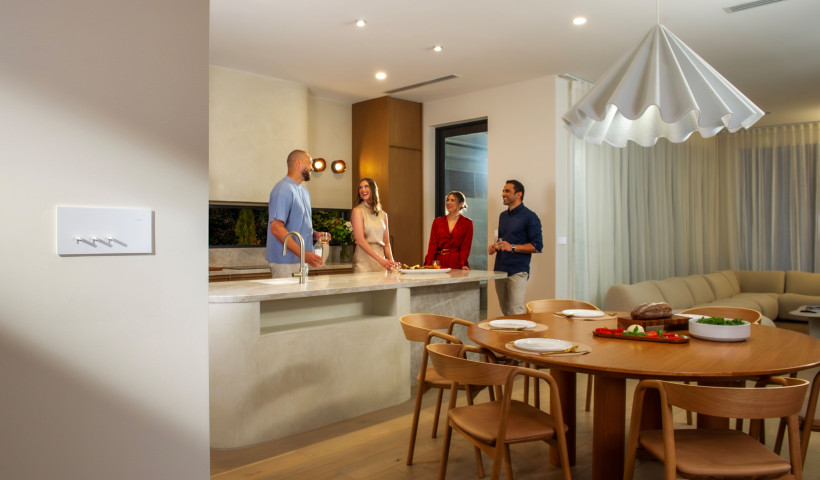
When Christchurch couple Paul Williams and Alex Hazard went to choose light switches for their new home, little did they know it would result in a complete revamp of their electrical plans and the creation of a truly smart home. The pair was in the middle of a post-quake rebuild, creating a brand new modern, energy-efficient two-storey house on their one-acre section, when they visited Schneider Electric’s Vision Studio in Addington.
“The initial consultation was mainly about switch styles to match the interior they were planning,” says Schneider’s Home Solutions Consultant Amy Griffiths. “They didn’t want wall clutter. Then I showed them the home automation side of things.”
C-Bus with Wiser is Schneider Electric’s home automation system and integrates home technology into one solution — controlling everything from lights to heating, to music, security, and even blinds and sprinklers. Running through a micro-processor controlled wiring system called C-Bus, the easy to use Wiser Home interface lets users control multiple devices through their smartphone or tablet, and even integrate third party systems.
“Initially, we didn’t contemplate putting any smart technology into the electronics, bar LED lighting,” says Paul Williams. “But Wiser Home had good features that we felt would complement the house itself. It was a smart move because the house needed that technology to portray its quality.”
Designed by Context Architects, the couple’s house has been created with their retirement and old age in mind — it is a home that will look after them. Its features include solar panels, an air purification system, electronic door locks, thermal design innovations and even motion sensor taps.
With the build underway, Amy Griffiths put them in touch with Matrix Automation. Director Barry Neil says it was an 11th hour call given the plasterboard was about to go up, and his team moved quickly to install C-Bus wiring throughout to allow all the elements of the house to be linked into the Wiser Home system. He then worked with Williams and Hazard to bring the vision for their automated home to life.
The minimalist design and clean lines of the house meant they wanted as little as possible on the walls. “There’s a very sharp detail to the home,” explains Williams. “All the walls run into the window frames (the windows’ flush profile mean there’s no timber architraving) and the skirting is 3mm thick powder coated aluminium, so there is very little interference in the clean look and the sharp angles.”
Wiser Home’s tablet and phone app eliminated the need for wall controls, while use of motion sensors allowed them to do away with light switches too. “I thought, ‘Well, if I’m going to have an automated light, why do I need the light switch?’” says Williams. Power sockets and USB charging outlets were the only exception, with Schneider Electric’s Modena 800 Series chosen for its minimalist design and cover plates in complementary tones.
While Barry Neil admits the brief to eliminate light switches was a challenge — “Theirs would be the first house I’ve done without light switches,” he says, Wiser Home’s features meant he could tailor a solution. By linking it with Schneider Electric’s AV-focused product Push, Neil has given the couple and their four children complete control of their day-to-day living through their smart phones and tablets.
Motion sensors on the walls and ceilings throughout the house activate the lights and Wiser Home can be set to dictate the level they are at in each room at any given time, on any given schedule and in any theme. The same sensors control the fresh air management system and a third-party alarm system is linked to them too.
“When Paul arms the alarm in his house, which he can do from his Wiser Home app, it’ll give him the status feedback,” says Barry Neil. “If there’s a tv or a light left on it will take care of those. He can shut the house down from his phone and lock it. If they’re away they can check on the house via video link and arm it remotely.”
Wiser Home also controls the home’s load check management around its solar power to monitor the energy used. “It’ll start turning off unnecessary things during the day and it’ll rank lights at different levels if there’s enough natural light, just to try and save that bit more,” explains Neil. “In essence, Paul and Alex’s house could actually be off the grid because the amount of solar power available should exceed what the house uses.”
“We want the house to think for us when we’re older,” says Williams. “We don’t have to worry about locking up — when you go through the door it’s locked and you can use a keypad to open it. The whole house is built for disabled access so it’s all level entry. We didn’t really want to move on [after the earthquake] because we’ve got an acre of land, and so we’ve built something to use as our ‘departure lounge’.
“The house is smart,” agrees Griffiths. “They don’t have to think about doing anything, it just does it as they walk through it. The whole idea is that the house is working for them, rather than them trying to work the house.”
Barry Neil says home automation is a growing area and while Matrix’s aim is always to create a bespoke solution for residential clients, it is Wiser Home and Push that he relies on to deliver this as it can be tailored to different requirements. “Everyone has different habits… it’s a case of working out what their objectives are, because for some people automation isn’t doing the whole house — it might be just doing a part of it.”
For Paul Williams and Alex Hazard, theirs is a comprehensive system that accommodates how they want to live into their old age. “Their house demanded a solution like that,” says Neil, “there is a bunch of technology that they’ve put in there, so Schneider Electric’s solutions have complemented their out of the ordinary house. They’ve got a lot of flexibility from their pocket, but as far as the day to day running goes, it takes care of itself.”











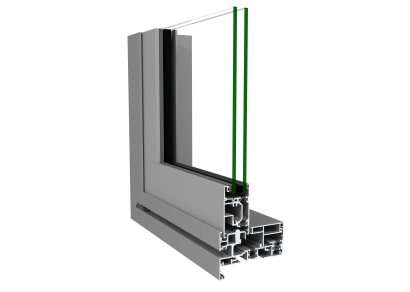
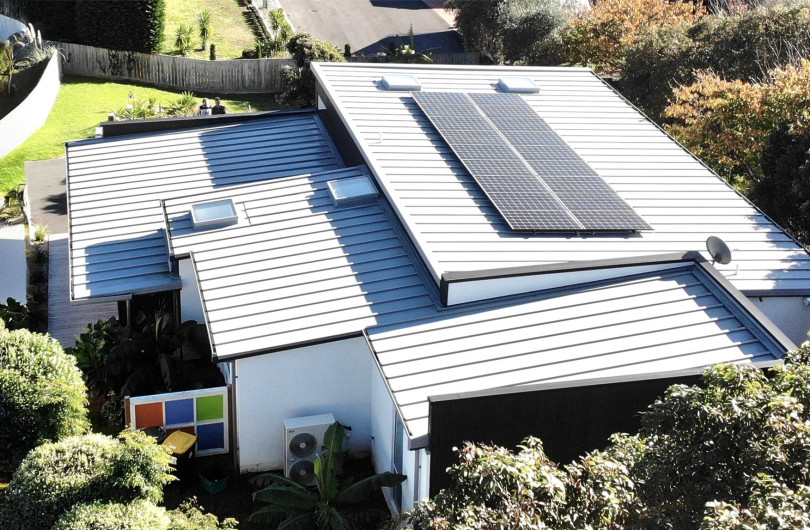
 New Products
New Products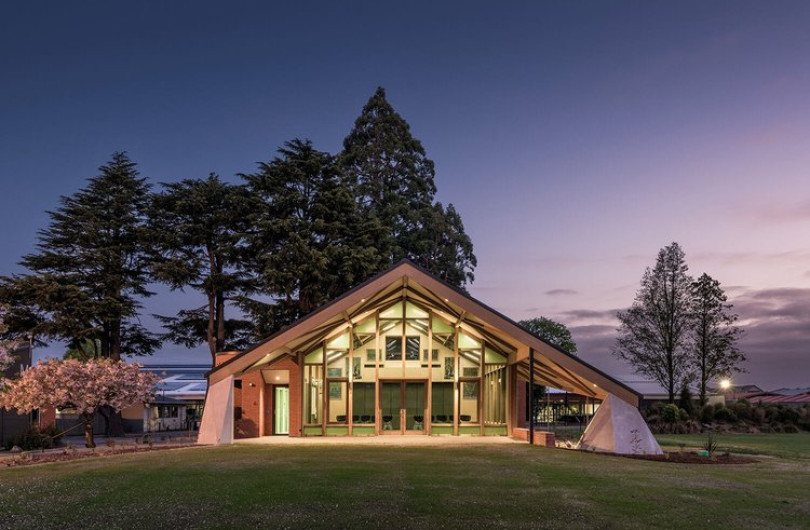
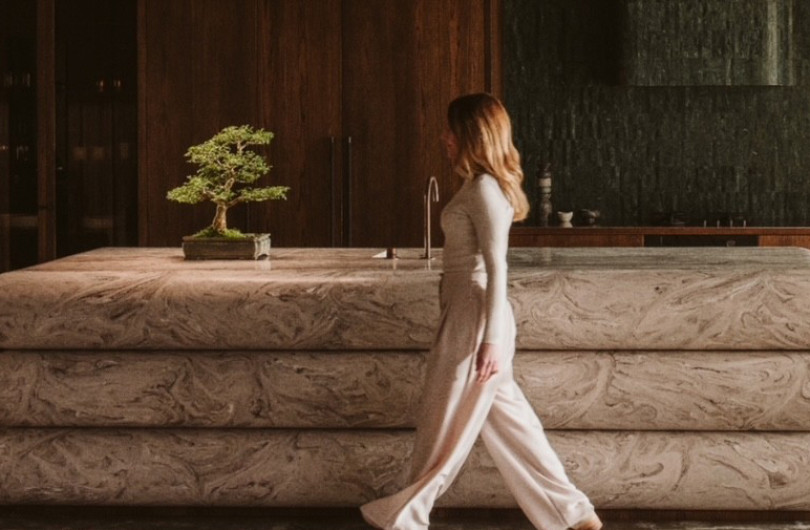



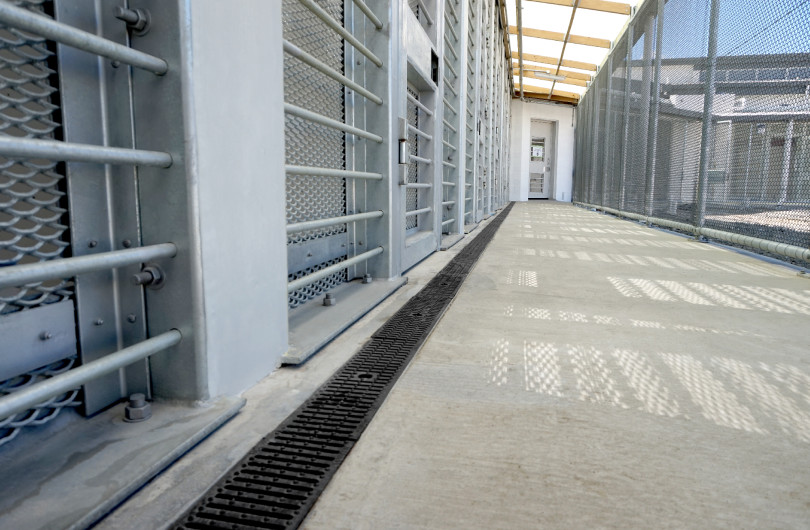




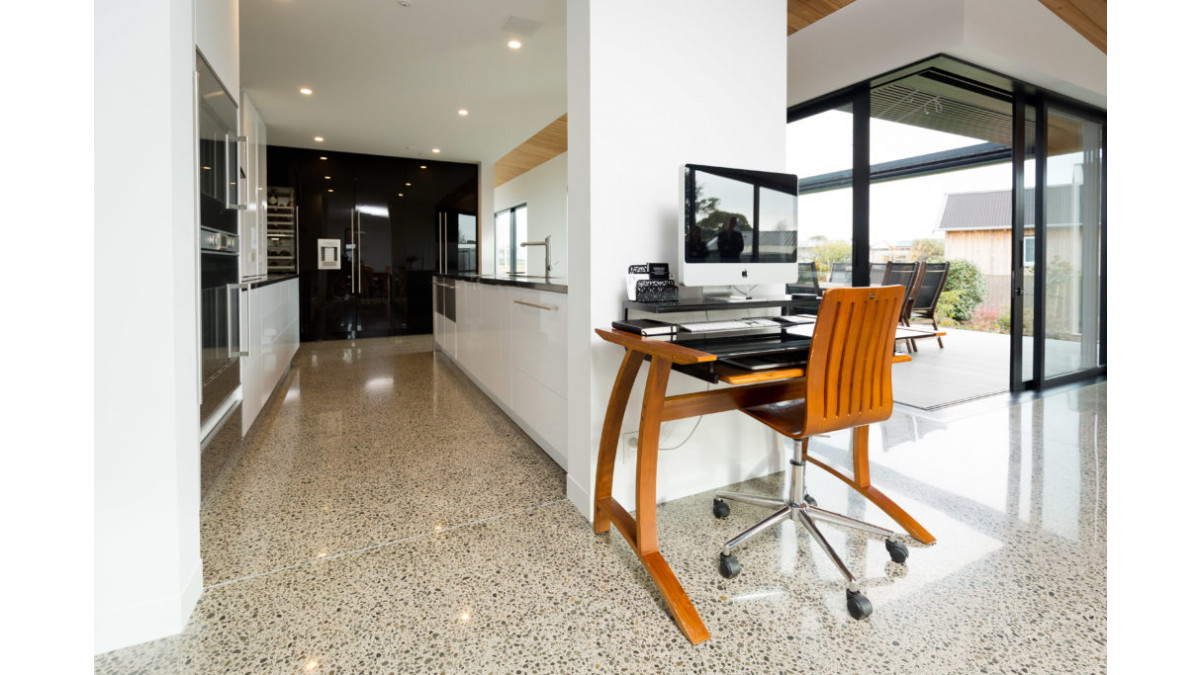




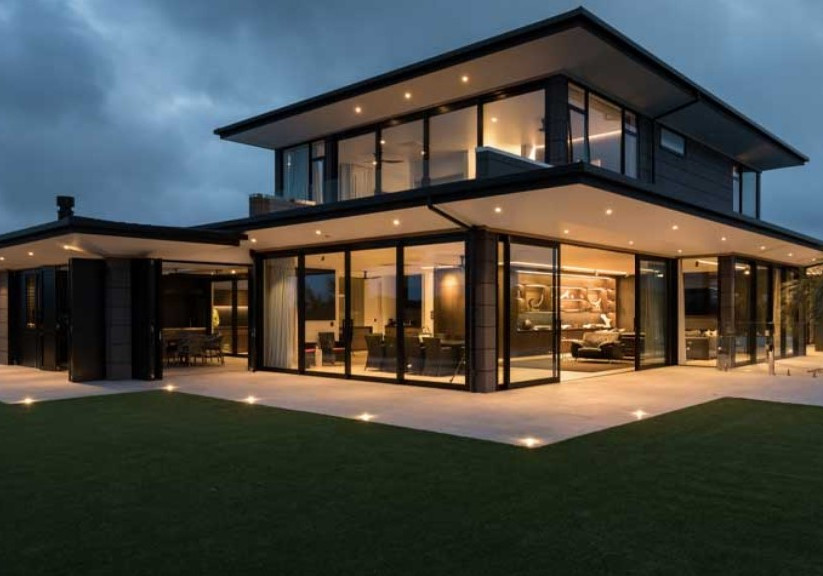

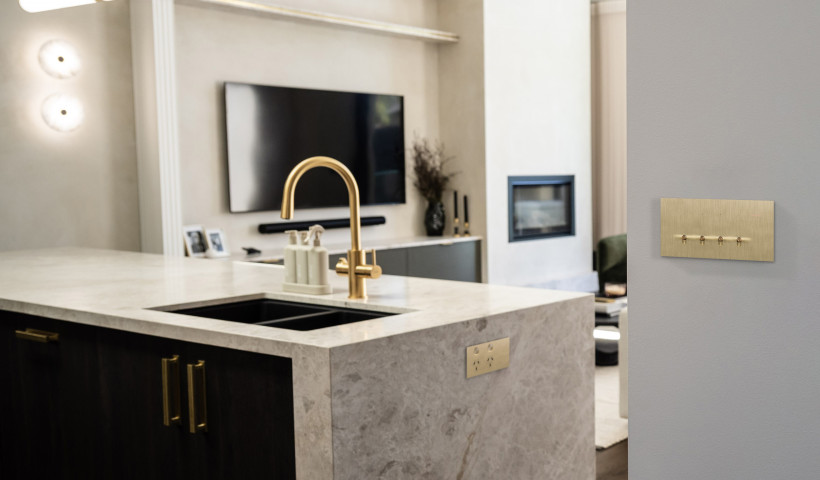
 Popular Products from Schneider Electric
Popular Products from Schneider Electric
 Most Popular
Most Popular


 Popular Blog Posts
Popular Blog Posts
